Together, teals and Labor can stop the political gravy train
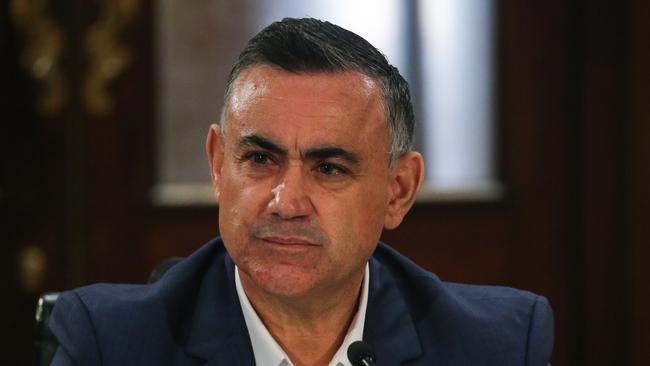
The easy gravy train of public service roles being traded off to reward past favours or to ease political foes into early retirement must stop.
The bipartisan practice, well used by Liberals and Labor, is too often coupled with the convenient turning of a blind eye to such rorts. This must end with Barilaro.
The election of teals and the historically low primary votes for both major parties show the electorate is so well past tolerating the political equivalent of “the joke”. This was the name of the corrupt practice in the Queensland police force of accepting money and sexual favours from organised crime, exposed first by the ABC’s Four Corners in the watershed 1987 program The Moonlight State and then the subsequent Fitzgerald inquiry into corruption in Queensland.
The teals were elected on the dual platform of climate change and a federal corruption commission. On climate their work is largely done, with the most significant step forward a bill legislating a 43 per cent reduction of carbon emissions by 2030 now passed. Now a federal independent commission against corruption with sweeping powers, forensic intent and an Eliot Ness-like desire to root out corruption and suspect practices must be delivered.
The NSW ICAC has taken down three conservative premiers: Nick Greiner, Barry O’Farrell and Gladys Berejiklian. In Victoria, the Independent Broad-based Anti-corruption Commission has just finished an exhaustive investigation into the “red shirts” rort, with behind-closed-door interviews with Premier Daniel Andrews.
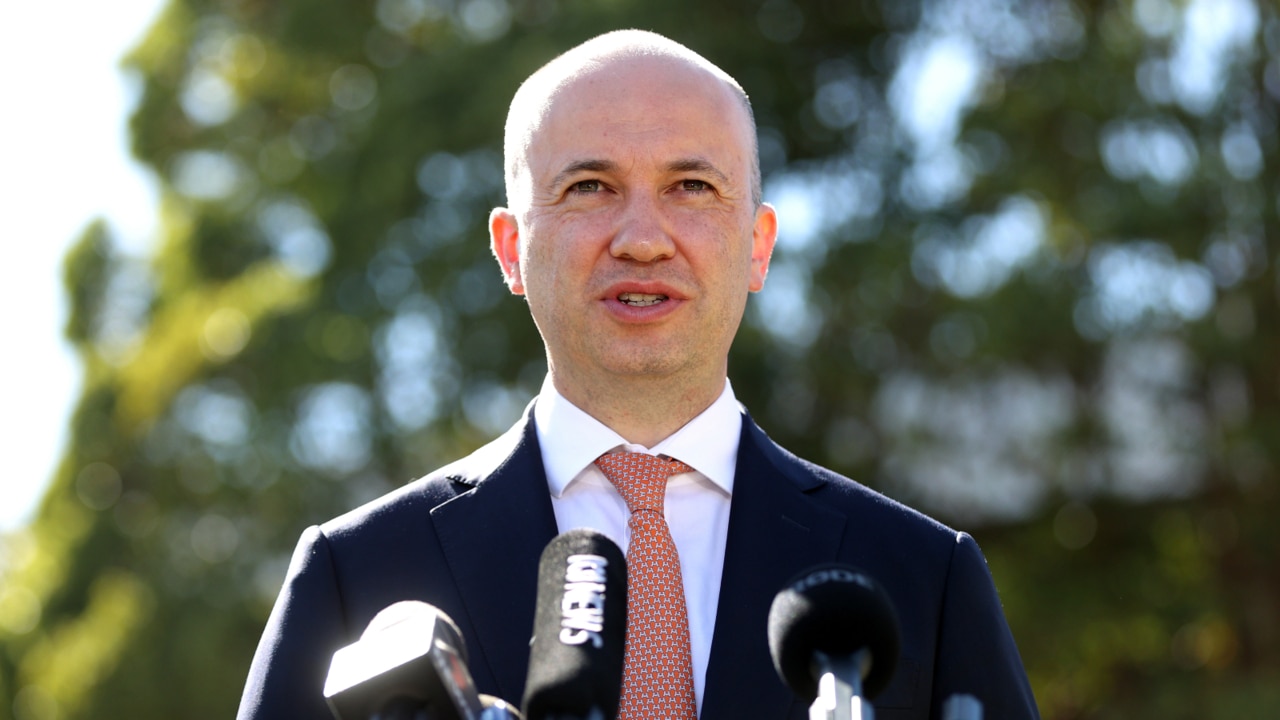
ICACs have proven their worth to transparency and public administration, so it’s long past due that we have one at the federal level with teeth.
Attorney-General Mark Dreyfus, a well-known internal party reformer, is no stranger to the debate within federal Labor for the need for a federal ICAC.
Notably, he along with then Labor leader Bill Shorten had proposed a federal ICAC, only to have Stephen Conroy, Penny Wong and Anthony Albanese argue against the proposal in shadow cabinet. It was therefore good to see Albo champion it once he became leader after 2019.
The federal ICAC as drafted and proposed by Dreyfus would not stop a Barilaro decision. The easy loophole of “jobs for the boys” must be rectified.
The teals must hold Labor to account, and as Zoe Daniel said so eloquently after Chris Bowen’s climate change bill passed the lower house with record support, “The government didn’t need our votes but they needed our brains.”
So, too, Dreyfus must embrace the amendments that no doubt will be moved by the teals, who have a mandate from their electorates for a federal ICAC that delivers. The opposition also should be included so that what passes isn’t just Albanese’s ICAC but one the whole parliament can have trust in.
In the meantime, though, we urgently need a committee to oversee the appointment by the federal government of new ambassadors and high commissioners.
Wong no doubt would welcome the assistance of a multi-party representative committee ensuring she wasn’t the federal equivalent of Stuart Ayres.
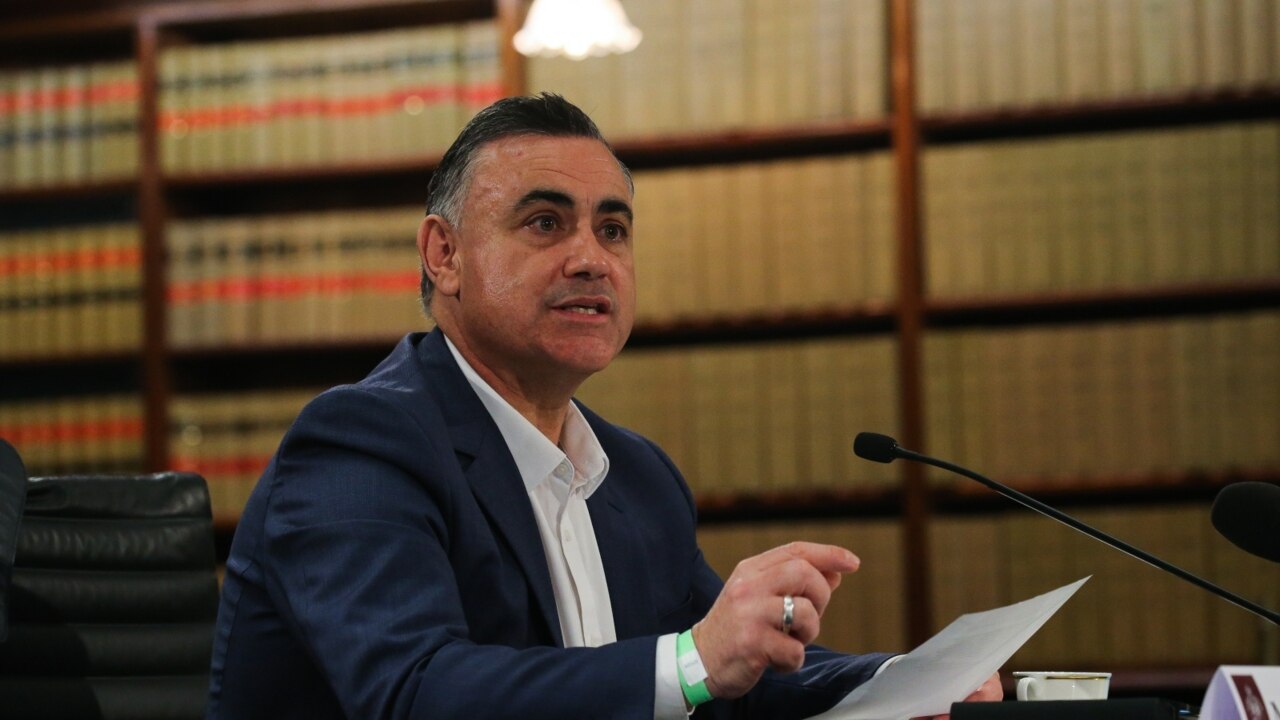
The live example of the moment is the high commissioner to the UK. The Liberal choice, a truly excellent appointee, George Brandis, has stepped down and Department of Foreign Affairs and Trade official Lynette Wood has been appointed acting high commissioner.
The inside money and none too well held secret is that former Labor premier for South Australia Jay Weatherill is lined up for the gig. Weatherill may well be the best qualified person for the job so should see no concern with being put before an independent process.
Foreign Minister Wong, the minister responsible for the appointment, is a long-term South Australian factional colleague and former partner of Weatherill. Similarly, current relationships with other South Australian federal ministers such as Mark Butler and Don Farrell should be on the public record.
Weatherill conducted the post-election review in 2019 into the federal campaign that became the justification and genesis of the small-target strategy, so he has been central to Labor’s recent election win. I think he would be an excellent appointee, but without a truly independent process he now would not pass the post-Barilaro pub test.
Labor must be a reforming government and get off the gravy train of political appointments to plum jobs. A start would be having a selection committee with only opposition and crossbench representation.
Another would be a five-year cooling-off period from the time you were last in elected office and being eligible for consideration.
The very capable head of the Department of Prime Minister and Cabinet, Glyn Davis, could even ask his old mate Peter Coaldrake, who has just undertaken a root-and-branch review in Queensland, to provide advice federally to ensure a transparent system for senior appointments.
And it shouldn’t just be international postings such as ambassadors and high commissioners. Federal Labor need only look at Dreyfus’s speeches from opposition about political appointees to any number of federal bodies to get a shortlist of areas of immediate concern.
The list includes the boards of the ABC, Australia Post, the Northern Australia Infrastructure Facility, Inland Rail and the National Disability Insurance Agency. Labor, in opposition, railed against political appointees, just as Chris Minns in NSW is doing from opposition in the case of the Barilaro scandal.
The proof, though, comes when you get to government and are faced with the temptation of appointing your own.
Federal Labor will be guided by Dreyfus’s moral compass and the “brains of the teals” and I’m sure will deliver a new era of transparent, merit-based and independently assessed government appointments.

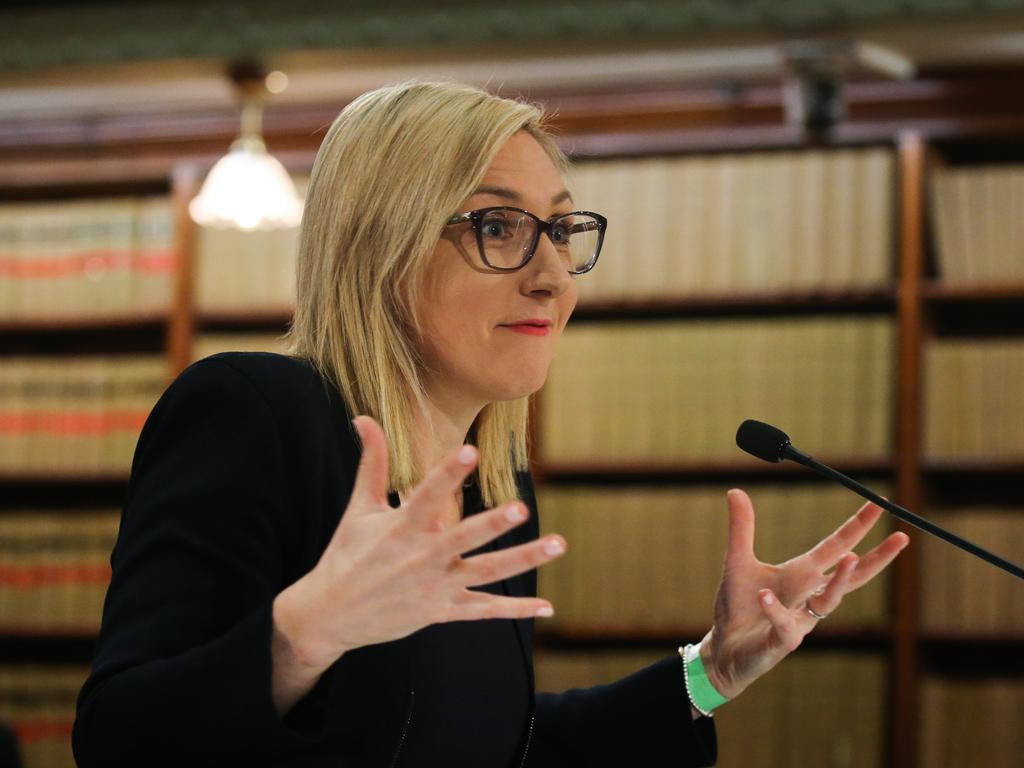
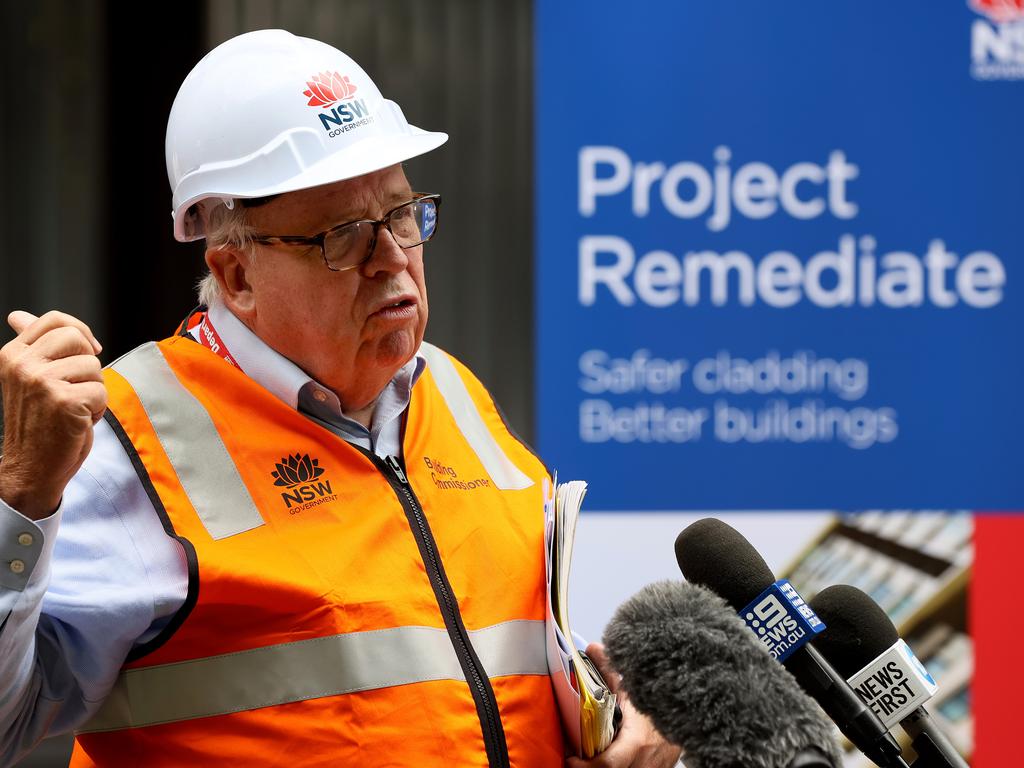
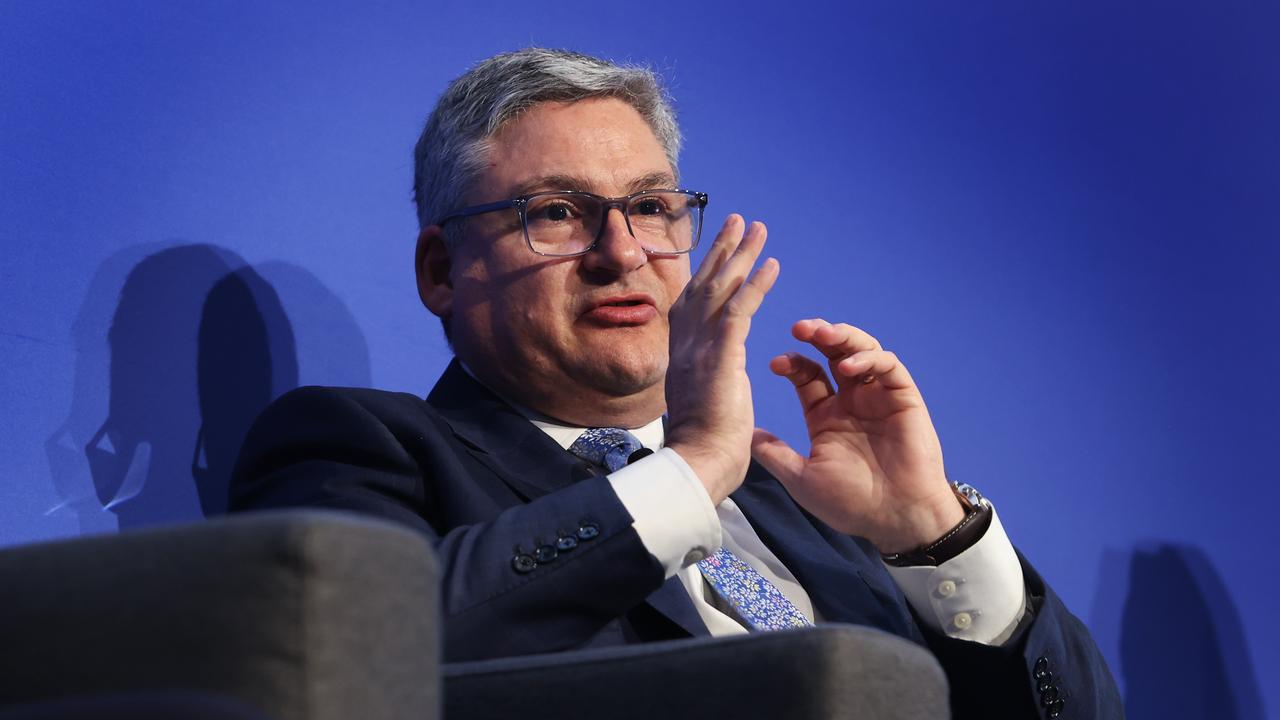
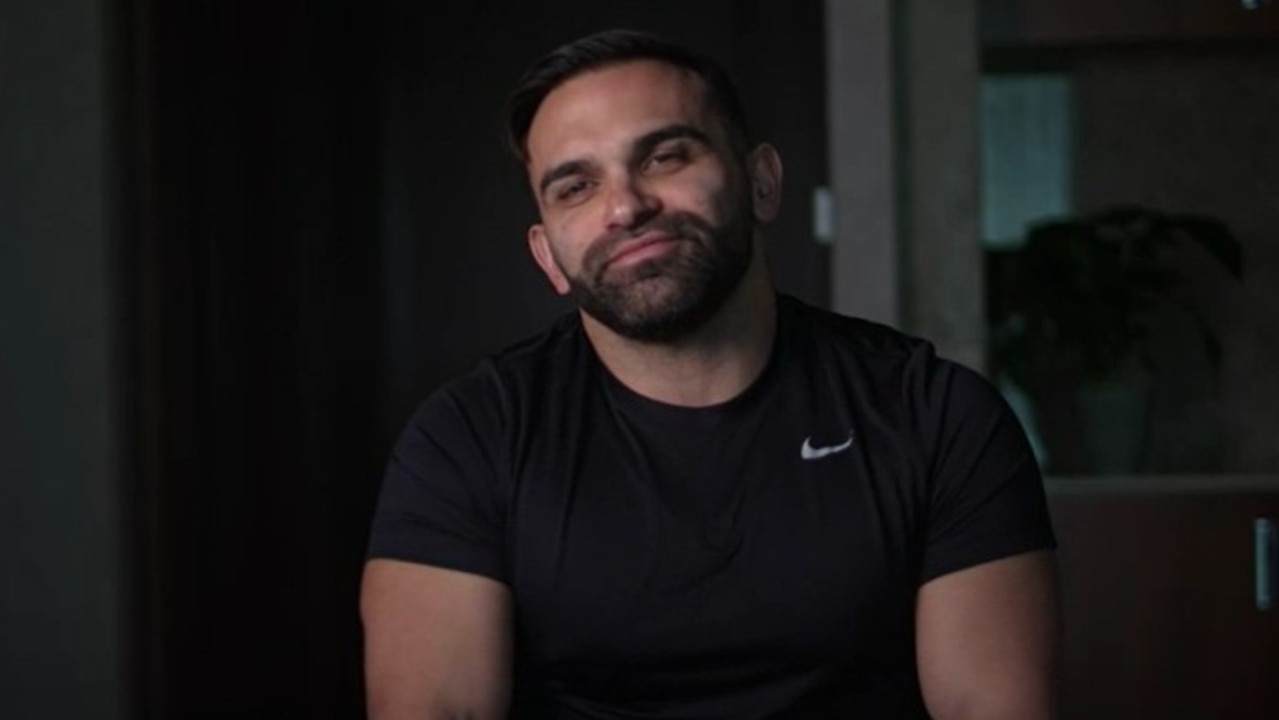
The sordid details emerging of the political manoeuvrings in NSW to secure a lucrative trade position in New York for former deputy premier John Barilaro must be a wake-up call to Australian governments everywhere.